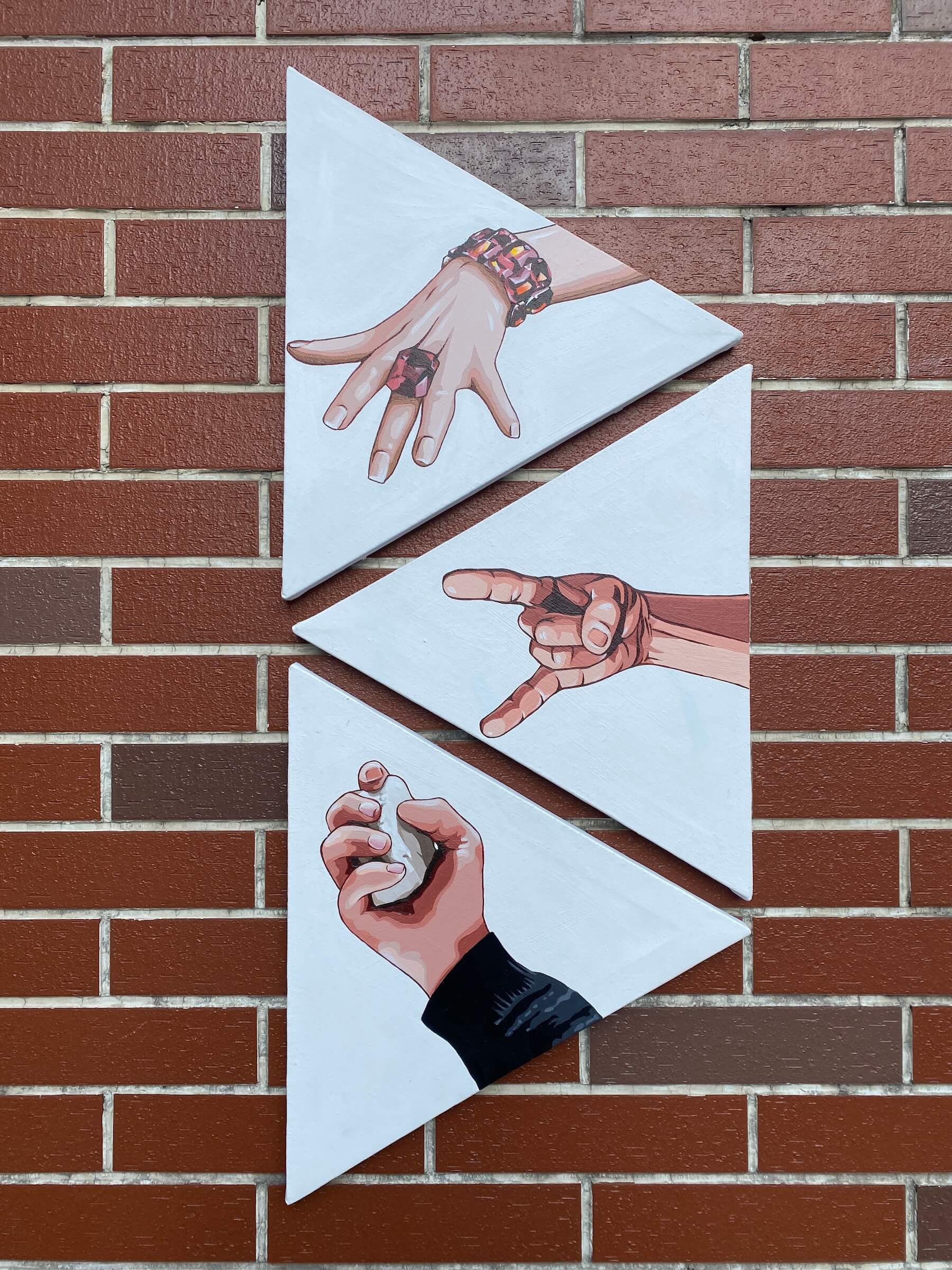dedicated to Han—the Chinese Girl I once left behind.
han: [v.] to regret
i wash mandarins in the kitchen basin, grasp at threads of a conversation
i used to know by heart.
once, my name was only
“Chinese Girl”.
mocking syllables echoed until ears bled numb.
i left my language behind with Chinese Girl for safekeeping
in a locked box with other precious things
like my dignity & love for mandarins.
i forget where i left the girl and the box.
now, i am only a chinese girl,
standing waist-deep
in a hundred square feet of regret.
han: [v.] to shout, to call out for (a person)
my waipo and i talk through an egg timer
giggle over the sizzle of oil in heat
gossip over flour-covered fingers
fight over chopped spring onions
cry over broken pork rib bones
sing over sticky rice shumai
laugh over burnt scallion pancakes
wei? can you hear me?
han: [n.] an ocean (away)
at 320 washington street i close my eyes
let the words emitted from old chinese radio
melt like butter on my tongue
let the chatter of a language that no longer belongs to me
engulf my mouth like salt water
let everything stop, for just a second.
it almost feels like home again.
han: [v.] to hold onto (something precious)
捧在手心怕摔了,含在嘴里怕化了,看在眼里怕丢了
I fear it will break, if I hold it in my hand
I fear it will melt, if I hold it in my mouth
I fear it will be lost, if I search for it.
Happy Liang is a sixteen-year-old writer living in Boston, MA. She was born in Shanghai. She can be found eating yummy food in the city, or gushing about her latest favorite existential book that questions life.
